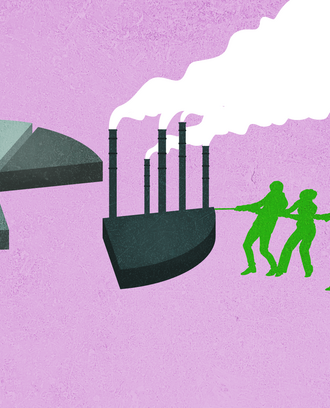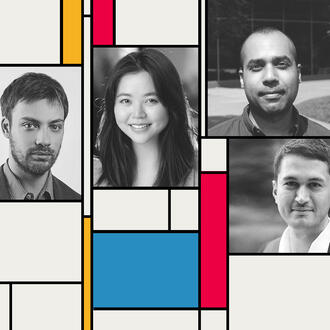Ideas Made to Matter
Watson chief architect: AI not taking jobs just yet
By
Artificial intelligence has advanced considerably in recent years, so much so that people like Elon Musk and Stephen Hawking have warned about the potential consequences of an AI arms race.
Yet for all the talk, artificial intelligence remains in the nascent stage of its development, according to a July 14 panel at the Platform Strategy Summit for the MIT Initiative on the Digital Economy.
In fact, Ruchir Puri, the chief architect of IBM’s AI supercomputer (and “Jeopardy!” champ) Watson, said he is constantly disappointed with what AI can do. “There is a lot of hype around AI,” he said, “but what it can’t do is very big right now. What it can do is very small.”
Steve Hill, the global head of innovation and investments at KPMG, agreed with Puri, pointing out that until recently AI couldn’t read an unstructured table because it lacked the intuition that humans have.
If all this sounds disheartening, it shouldn’t. The panelists recognized that AI is making great strides forward.
Watson in particular has made huge advancements in health. The AI supercomputer is being applied specifically to oncology and genomics, and is already helping doctors make diagnoses. In one case, after a woman’s worsening condition stumped doctors, Watson was able to diagnose a rare form of leukemia within 10 minutes. Watson did this by reviewing 20 million oncological studies, something a human doctor would be unable to do. Over 160,000 oncology papers are published each year, far more than a single doctor can read.
Despite making correct diagnoses, advances in artificial intelligence haven’t replaced doctors, who remain imperative to discussing prognoses and helping patients make treatment decisions.
In fact, none of the panelists thought that AI would be replacing humans at jobs anytime soon, despite the deluge of news to that affect.
Humans have worried for centuries that they would be replaced by machines — it is nothing new, Puri said. But machines still cannot do what humans do. Where AI is useful is in taking on the drudgery work — helping customers complete paperwork or reading through millions of articles — thereby freeing up humans to make better connections with their clients or help patients through making difficult decisions. Therein lies the crux of the matter, according to Hill: AI is a case of augmenting, rather than replacing workers.
So what is the next step for Watson? MIT Digital Fellow Marshall Van Alstyne asked Puri when we could expect IBM’s AI to pass its medical board certifications.
Puri answered with a simple, “It’s coming.”



